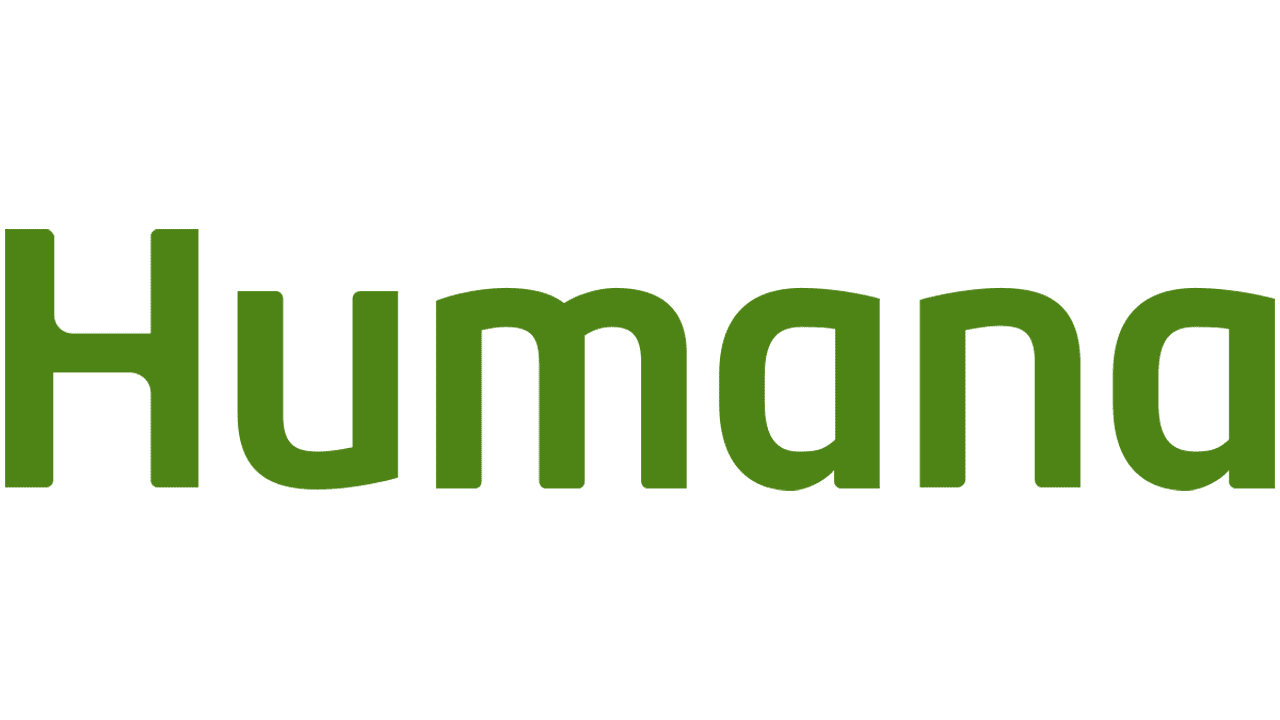Health & Human Services
Accelerating Family Access to Substance Use Disorder Recovery Programs through Innovative Financing and Partnership
Locations: Kentucky, Louisiana, Ohio (expanding or building new program capacity); assessing future scale in other state markets
Status: Active
In a unique partnership with Humana and Volunteers of America (VOA), Quantified Ventures is helping to establish new revenue streams and financing models to build greater service capacity for pregnant, postpartum, and parenting mothers to receive holistic and evidence-based substance use disorder (SUD) treatment. VOA’s Family Focused Recovery program model delivers comprehensive services to support families struggling with SUD - helping them to address underlying physical, mental, social, and behavioral health needs.
Read more about this purpose-built partnership, and the financing model supporting scale efforts, in our blog and white paper.
Problem
Substance use disorder is a growing, national epidemic. Many women with SUD go without treatment – sometimes resulting in overdose, profound economic and social loss, and (re)entry into the criminal justice system. The opioid epidemic alone costs the United States $78.5 billion annually in health and social costs, affecting whole families. Newborns suffer neonatal abstinence syndrome (NAS), minors enter the child welfare system, and mothers often lose custody of their children. Ending the SUD epidemic is both complex and urgent - especially for low-income women and expectant mothers. Experts call for a public health approach focused on preventing and treating substance use disorder as a chronic disease.
Approach
Quantified Ventures started with an assessment of VOA affiliate capacity and market conditions in priority geographies. We then worked with partners to estimate capital needs, design a program and payment model, and develop contracting terms tied to key program performance indicators. As needed, Quantified Ventures will leverage the Family Focused Recovery (FFR) Fund as a “first loss” lender and/or guarantee pool to backstop performance-related financial losses. This financing approach allows Humana and other Medicaid MCOs to share the financial and performance risk of building community capacity to address critical health and health-related social needs.
This diagram illustrates the FFR Fund model:
Impact
VOA’s FFR program is one of few in the U.S. that combines intensive addiction treatment, behavioral health services, and family support to address underlying concerns that inhibit physical, mental, and behavioral health. Additionally, these programs mitigate against family separation, provide prolonged care and support for mothers and infants, reduce the risk of relapse, and lead to fewer NICU births. Scaling this program model to new geographies will increase access to those in need. Through consistent application, financing, and performance measurement it also will enhance the availability of program outcomes data to inform state and federal policy.
Meaningful Impact: Freedom House Louisville client, Christina Compton, shares her story:
Read the following white papers to learn more about the program model and its culturally responsive design:







